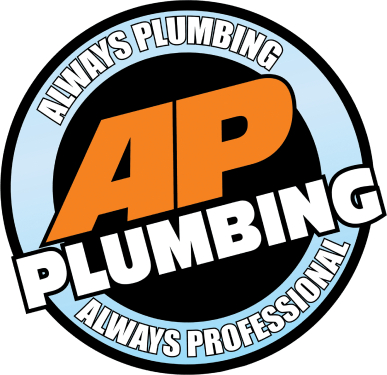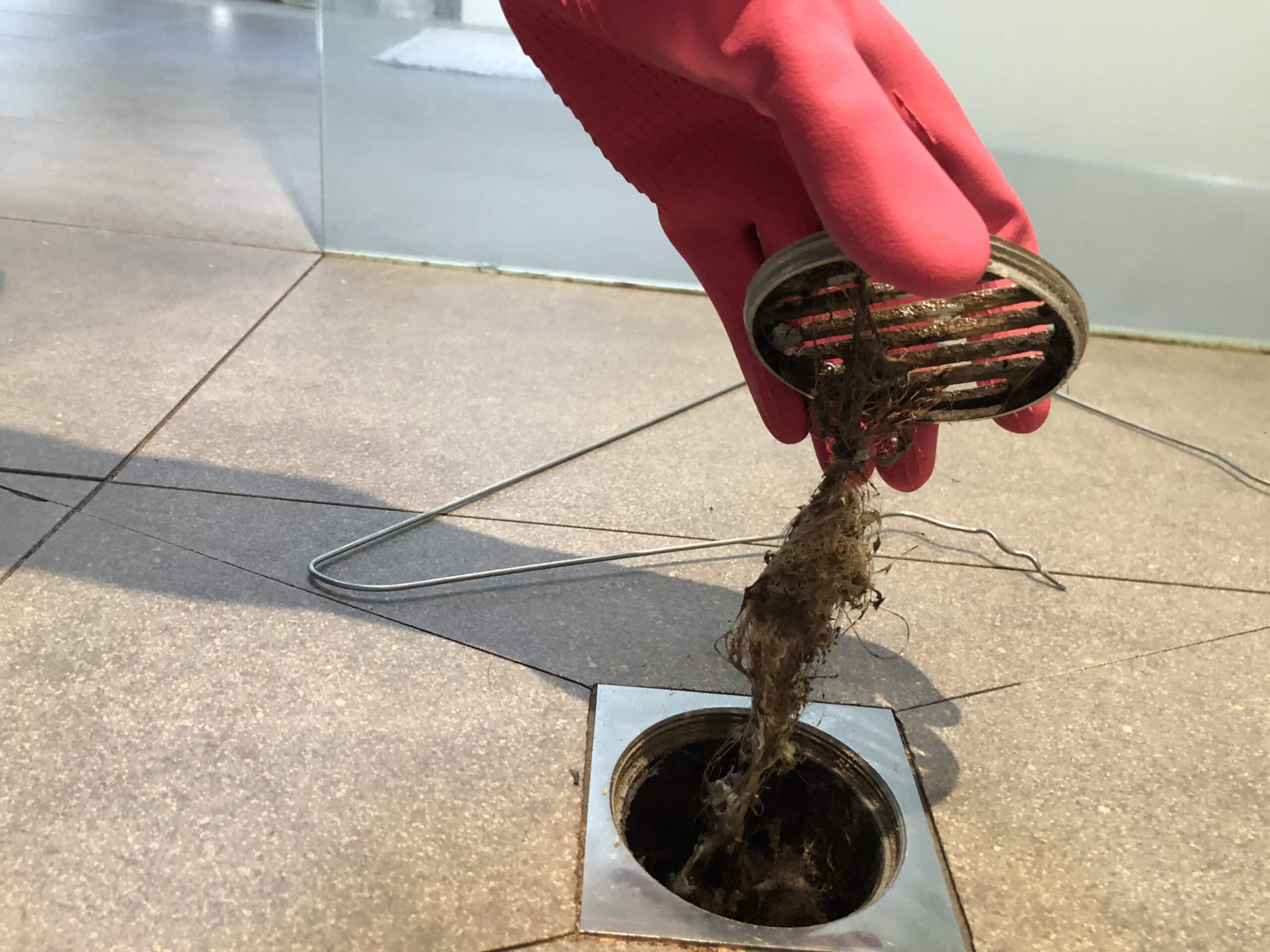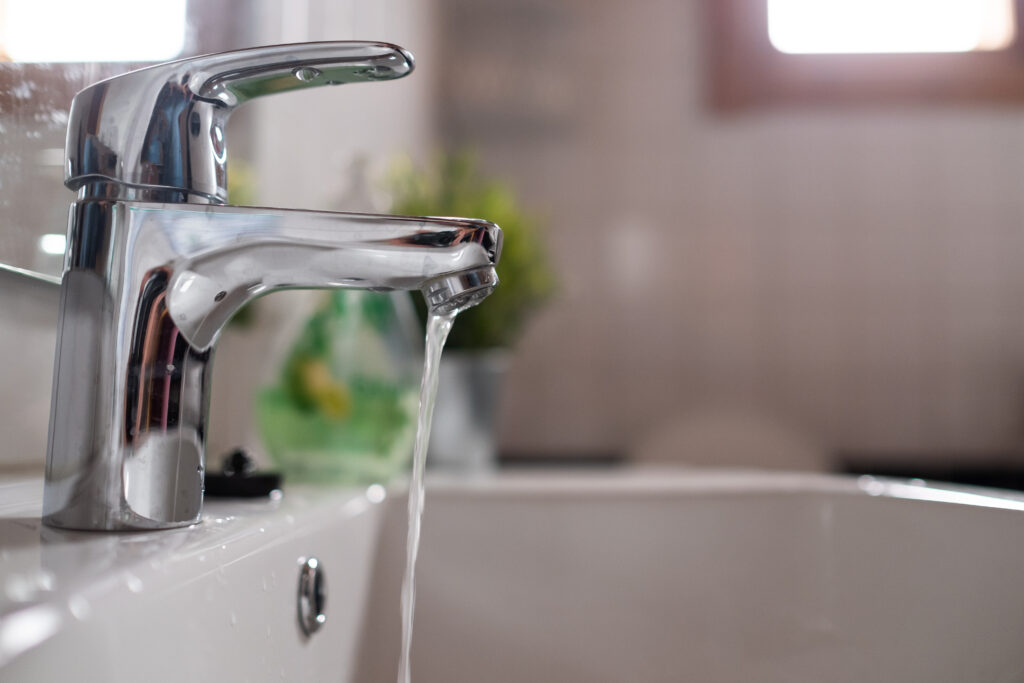Although it may seem simple on the surface, the plumbing system in your home is vast and complex. From faucets and toilets to the sewer lines running beneath your house, there’s a lot to keep an eye on — and a lot that can go wrong if you’re not careful.
Fortunately, you can take steps to prevent plumbing troubles from occurring in the first place. With a little thought and care, you can help your sinks, toilets, and various appliances function properly. Before we discuss tips on how to avoid plumbing problems, though, it’s important to know which issues you’re most likely to encounter.
What Are the Most Common Plumbing Issues?
As a homeowner, you can’t learn how to prevent plumbing problems until you know what to look for. When it comes down to it, the most common plumbing problems often include clogged drains, dripping faucets, and water leaks.
Drain clogs are incredibly common because they can happen for several reasons. Hair, food waste, grease, tree roots, and more can block our drains. At the same time, many homeowners are likely to experience dripping faucets due to worn-out parts. These parts, which include washers and O-rings, can become damaged over time and require replacement.
Water leaks can also happen for many reasons — from water pipe corrosion to washing machine troubles. No matter the cause, leaks of any kind are a significant issue since they can lead to costly water damage inside your home.
Ways To Keep Your Plumbing Running Smoothly
Plumbing problems can be frustrating to deal with, but there’s no reason to worry. If you follow these tips, you can keep your plumbing system in excellent health:
Take Care of Your Drains
Although drain clogs can occur for several potential reasons, you can take simple steps to prevent them. First, consider purchasing a drain screen. These strainers are easy to install in your kitchen and bathroom sinks and will prevent hair, bones, and food particles from entering your garbage disposal.
Do you cook often? If so, you should dispose of grease, fat, and oil properly. After they cool down, these substances can thicken in your drains and cause a major blockage. All you need to do is wait for the grease to cool down in the pan or on your plate. Once it has solidified, wipe it off with a paper towel or scoop it into a disposable container.
When it comes to your drains, there are many helpful tips on how to avoid plumbing problems. The most important thing is this: treat your garbage disposal with respect. Do your best not to dump grease or large food particles in your drains.
Know the Location of the Main Water Valve
Do the members of your household know where the main water valve is located? It’s important to be able to find this valve in the event of a leak or flood emergency. Shutting off the main water valve will allow you to avoid irreversible water damage to your home and belongings.
You might also want to consider shutting off the main water valve if you’re going on vacation or will be away for a long period of time. The last thing you want is for a leak to occur when you aren’t home — damaging your home and raising your water bill.
Check Your Washing Machine Hose
When learning how to prevent plumbing problems, don’t overlook your washing machine. Since you use it on a regular basis, it’s easy to take your washing machine for granted. However, the rubber connection hoses on this appliance can become damaged over time. If these plastic hoses become worn, a substantial leak can occur.
You will want to inspect the rubber connection hoses regularly for potential leaks and damage. Replacing worn hoses in a timely manner can help you avoid a disaster before it strikes.
Perform a Toilet Leak Test
Toilet leaks can be difficult to detect if they’re happening inside of the tank. If your toilet continues to leak without your knowledge, you can end up wasting a great deal of water — which can spell bad news for your utility bills.
If you suspect a leak in the tank, there’s a test you can perform to find out if it’s actually happening. All you need is a little food coloring. Open the lid to your toilet tank and add a few drops of food coloring. Wait 10-15 minutes, then check if the food coloring has made its way into the toilet bowl. If it has, you have a leak.
As you can see, there are many simple tips on how to avoid plumbing problems throughout your home. Although they may be easy, they can make a world of difference in your comfort and water usage.
Fix Plumbing Issues Quickly
One of the top tips on how to prevent plumbing systems is to act as quickly as possible. As a homeowner, you have a pretty busy schedule. You may be tempted to avoid small plumbing issues — whether it’s a dripping faucet or clogged drain. However, neglecting the problem can cause a great deal of trouble down the line. For instance, even the smallest leaks can add up to hundreds of gallons of wasted water.
Whether you have leaky pipes or a dripping faucet, never ignore water leaks. At the first sign of a plumbing problem, don’t hesitate to contact a professional plumber for help. Although you may want to cringe at the idea of contacting an emergency plumber in Rochester, NY, fixing the problem before it worsens can save you money and lessen the hassle in the long run.
When learning how to prevent plumbing problems, know that promptness is key. Don’t wait for the issue to worsen over time.
Prevent a Plumbing Disaster With AP Plumbing
A home’s plumbing system is more complicated than most people imagine — which means issues can appear at any time. Fortunately, knowing how to prevent plumbing problems can save you money and an unwanted headache.
Are you having trouble with your hot water? Is your water pressure too low when taking a shower? No matter your needs, AP Plumbing is here to help. If you need a plumber in Baldwinsville, NY, or the surrounding area, know that you can turn to us for drain cleanings, water heater repairs, and more. Contact us to learn about our plumbing emergency services!






